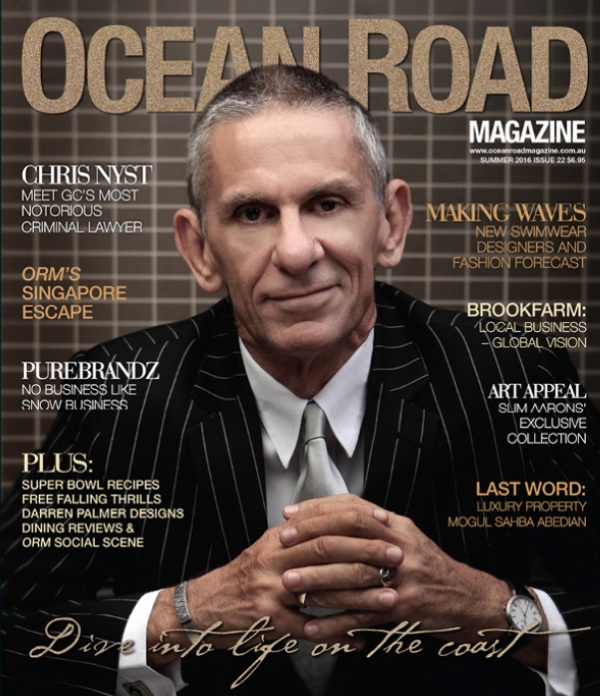The old show business adage warns you should never work with animals or children. They’re unruly, unpredictable, and way too cute, and in the end they’re always going to steal the show. It’s a pearl of wisdom usually attributed to the curmudgeonly actor-comedian W C Fields, of whom writer Leo Rosten once quipped “Any man who hates dogs and small children can’t be all bad.”
But WC Fields didn’t hate children. After all, he was once one himself. Born William Claude Dukenfield in 1880, he quit school after the fourth grade to work with his alcoholic father selling vegetables from a horse cart. At the age of eleven he ran away from home, living in a hole in the ground and surviving on stolen food scraps before snagging his first job, delivering ice door-to-door. At age thirteen he went into Vaudeville, working fairs and amusement parks across the country as a juggler and comedian, dragging himself up by his bootlaces.Ten years later Fields was performing at Buckingham Palace and starring at the Folies-Bergere in Paris. He went on to appear in forty-five motion pictures between 1915 and 1944, and became one of Hollywood’s highest-paid entertainers.So Fields knew show business, and he knew something about life as well. And he knew the inherent danger of working with cute kids.
I was reminded of the great WC Fields’ facetious adage when I recently advised an educational facility regarding the uncorroborated complaint of one of its young students about one of its staff members. The incident had allegedly occurred openly in front of a group of fellow students, none of whom provided any useful support for the complaint, but likewise there was no adult present to support the staff-member’s adamant denial of misconduct.
The kid was cute, like all kids, and like most kids these days, knew all his rights. The staff member was predictably outraged over the attack on his character, and clearly terrified when his Blue Card was promptly cancelled, whereupon he was stood down from normal duties pending determination of the allegation.
We lawyers often talk about the presumption of innocence in favour of an accused person, but in reality the recent shocking revelations of gross institutional misconduct perpetrated by successive generations of clergymen, educators, carers and others in authority, has skewed that presumption, in fact if not in law, in favour of the juvenile complainant. It was one word against the other, but not surprisingly, despite some healthy skepticism about the boy’s complaint no one was inclined to take any chances. The matter was referred to the police, an investigation ensued, and ultimately a criminal charge was laid.
Twelve months later, after a great deal of heartache and expense, the charge was thrown out of court.
Thankfully, in this day and age most children are made well aware of the power they rightfully hold to bring adults to account. But of course that welcome development brings its own danger of abuse. So how does one advise anyone to safeguard against that possibility? Unfortunately, there is no easy answer.
But I have to think there’s little doubt what guidance WC Fields would have proffered.













